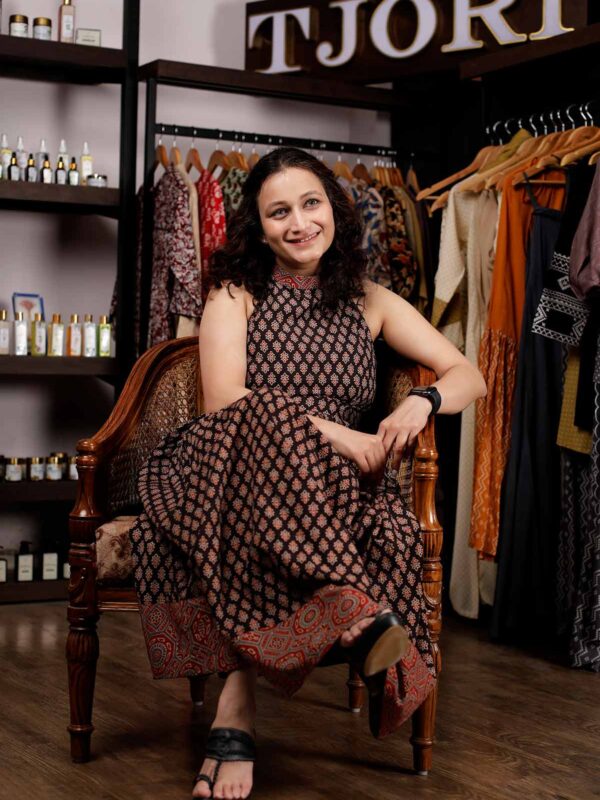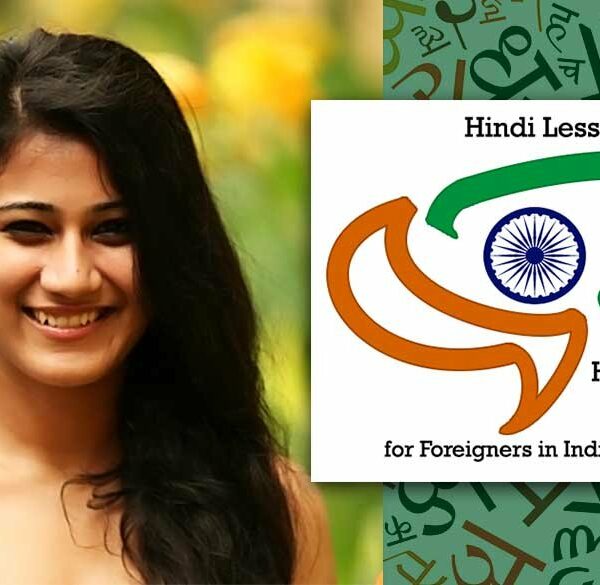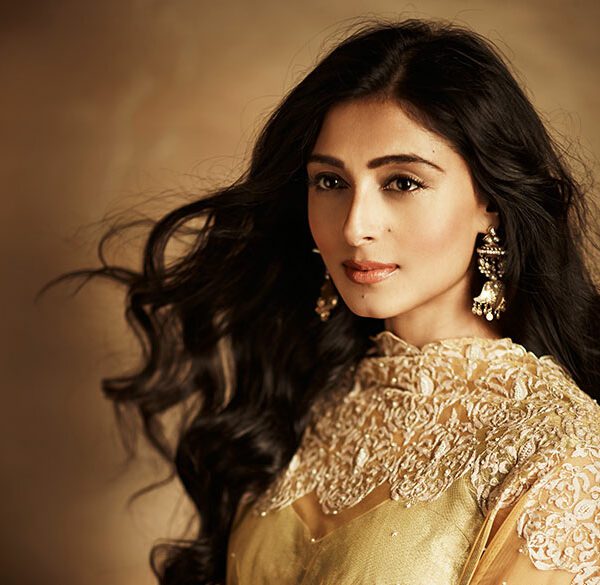“Mirror, mirror on the wall,
Who is the fairest of them all?”
This famous litany by the evil queen, snow white’s vindictive step mother, was reflective of her obsession with beauty, her obsession with the fairer skin. Much like her, India as a country keeps asking this question in unison.
I have to admit here in all honesty, when I was growing up, I used to curse my mother for not having the right diet while she was pregnant with me. My brother is fair like her, and well I am the dark kid in the family. Growing up has taught me with its experiences of racism I was subjecting myself to.
The low morale that I was suffering from, and the ignorance of accepting what my mother used to tell me, “It doesn’t matter that you are not fair, you are beautiful.”
It was all around me. The obsession with the color. From an embarrassing nick name such as “Kali”, coined just for fun, to that relative who used to look at me all disappointed and say “You look darker!”. The marked difference between people from varied service industries treating “white people” differently, to the unwanted paint fest in the name of make-up that was put on my face before every annual day performance. The fairness cream ads that used to bombard one with the same message over and over – fair is better.
Not to mention the “fairness card” that you can match your skin with, which has a ghostly white shade in the end (now why would anyone really want to be that white?). The millions of classifieds in the newspaper till date that mention the need for a fair skinned bride for a prospective groom. It was just all around me.
Once, I went to Delhi’s famous street market to shop with my friends. One of my friends is extremely fair and was mistaken as a foreigner by the shop keepers. They obviously began to haggle her and ignore us. While we had a few laughs from making a fool out of them, I wondered again. Why do we obsess about people who are fair? Perhaps it is drilled in us from the time of the British Raj that we are supposed to serve those who are fairer skinned. It was never spoken about openly; it was just understood.
Even the fairy tales that I have read haven’t had a single dark and beautiful princess. The only good reference to dark color in literature that I was exposed to while growing up was black beauty. And we all know, that is a horse. Even in Indian folklore, good was always portrayed to be fair, while evil had a dark skin. Surapnakha, Ravan’s sister, who transpired the whole story of Ramayana as we know it, was described as ugly by Valmiki, dark and ugly.
The obsession, unfortunately, is not really concentrated to one gender. A famous matrimonial site’s research showed that 71% of women registered on the website also wanted their prospective grooms to be fair. Before I started speaking up, I started accepting myself. I denounced the fairness creams and the many ways to make me look whiter. I refused a make-up for my wedding that was supposed to make me look white (probably that last shade in the shade card shown in the ad). I started supporting the voices that spoke about this unfair demarcation. I stumbled upon and shared the thoughts of personalities who vouched for this thought.
So are things changing? At a personal level, yes. At a broader level, they seem to be gaining the much needed pace.
When celebrities from one of the most illustrious industry, Bollywood, speak openly about this prejudice, people take notice. Although we happily accepted the obvious color transformation of the many actresses and commented on their darker selves in the many outrageous posts titled “Stars without make-up”. We also marveled at the open criticism by Nandita Das and Kangana Ranaut at this irony and obsession with the fair skin. Nandita Das has played many roles of a woman from a village or a lower class and admittedly said that she was asked to become whiter when she was offered to play a high class or a middle class woman.
I can’t even imagine the amount of money that Kangana Ranaut must have been offered to endorse a fairness cream, having been at the pinnacle of her career. And she refused, simply because she stood by what she really believes in – the color of your skin doesn’t make you beautiful. Even though the highest paid actresses are several shades lighter and have taken a dig at the dark skinned leads, I would like to believe that with age, they have matured. While Bollywood pretty much dominates and steers the way we think, there are other industries following suite. Vogue ran a successful campaign titled India’s true color, by featuring dark skinned models on the cover.
But all this is still a thin silver line as opposed to the blatant advertising of the notion that fair skin means beautiful.
I have personally met Shahrukh Khan during my time as a marketing professional with a broadcast organization. The power that this man holds to make the crowd go bonkers over him is unbelievable. He comes across as an extremely smart and charming personality. When a man duped as King Khan and the Badshah (King) of Bollywood endorses a fairness cream for men openly, what message is he giving? He is definitely not the only one. There is Katrina Kaif, Sonam Kapoor, Deepika Padukone and a host of A-list stars doing the same. No wonder fairness creams still outsell Cola drinks in India. This phenomena of fairness-fetish exists the world over. What Apartheid sought to fight, what the unwarranted use of the word “nigga” or “black” reflects. It is a sad reality that needs to change.
Dark is not better. Fair isn’t better. Dark is just beautiful, just as fair is. We really don’t need to demean the other skin color to gain the precedence. What we need is acceptance of our own color. Be it dark, brown or white, in the words of James Blunt – “You are beautiful”.












